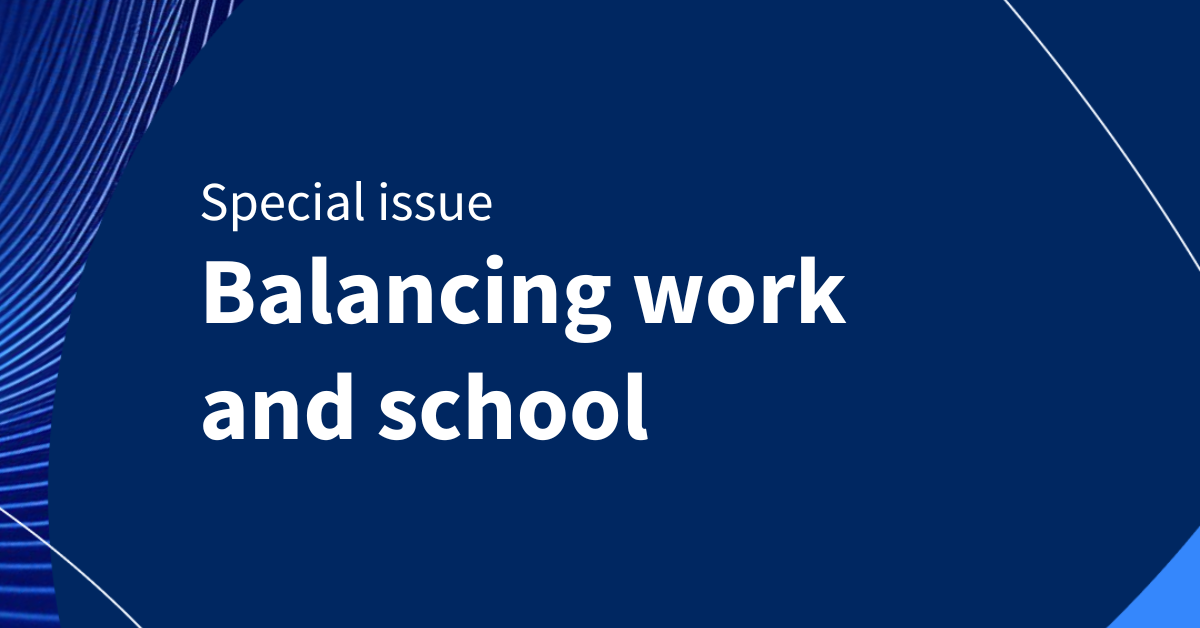Balancing education and career commitments is a challenge many professionals face in today’s fast-paced world. With the rise of online learning platforms, there are now more opportunities than ever to enhance skills and gain new qualifications while maintaining a full-time job. This article delves into strategies for juggling work and study effectively, offering insights and tips for those considering this path.
Before we dive into the specifics of balancing work and education, it’s worth mentioning a limited-time offer that could be beneficial to those looking to upskill. Coursera Plus is currently offering a 30% discount on their subscription service. This provides unlimited access to a wide range of courses from prestigious universities and industry giants such as Vanderbilt University, Google, and IBM. For individuals aiming to obtain a Professional Certificate or Specialization within the next year, this offer presents a valuable opportunity.
### Understanding the Need for Balance
The common concern many professionals have when contemplating further education is, “How will I balance my education with my career?” This question is rooted in the reality that time is a finite resource; most people cannot afford to halt their professional progress to pursue education. However, it’s important to note that working while studying is not uncommon. According to a report from Georgetown University, approximately 40% of undergraduate students and 76% of graduate students in the United States work at least 30 hours a week.
### Strategies for Balancing Work and Study
Successfully managing both work and educational commitments requires careful planning and strategic decision-making. Here are three key strategies to consider:
#### Know Your Goal
Understanding why you want to pursue additional education is crucial. Set a clear career goal and write it down, keeping it in a visible place. This reminder will help maintain your motivation when the going gets tough. Knowing your purpose for taking on this additional challenge can provide the drive needed to persevere through demanding times.
#### Set a Consistent Schedule
Consistency is fundamental in creating a structured schedule that accommodates both work and education. Start by understanding the requirements of your educational program and the time commitment needed. This will enable you to set realistic expectations. First, allocate time for your existing professional commitments. This visualization will help you identify how much time you can dedicate to learning. Next, assess the time commitment required for the educational programs you are considering. For certificate programs, estimate the weekly hours necessary for steady progress. For a degree program, evaluate how many courses you should enroll in each semester and the hours each course will demand.
Ultimately, the best schedule is the one that suits your personal circumstances. Some students prefer studying a little each day, while others might focus on longer sessions less frequently. Illinois Tech MBA student Natalia Antzoulatos dedicates time each weeknight to her studies, while UNT B.A.A.S. alumnus Steven Schmidt utilizes the two hours before his daughters return home from school and weekend mornings for his learning.
For guidance on selecting the right program, consider revisiting resources on comparing certificates and degrees.
#### Find Your Tradeoffs
Balancing work and education often involves making tradeoffs. Steven Schmidt, for example, has had to cancel social engagements to focus on his studies. When embarking on an educational journey, whether it’s a short-term certificate or a long-term degree, you’ll likely need to sacrifice certain activities to make room for study. Making thoughtful tradeoffs can help you avoid burnout and reach your educational goals.
If your job is particularly demanding, consider slowing down your academic pace by enrolling in fewer courses or dedicating fewer hours to study. Self-paced courses can be beneficial in such scenarios, allowing you to pause your coursework or adjust deadlines as needed. Online degrees often offer the flexibility to choose your course load each semester, with many programs allowing you to take a semester off without financial penalties.
Conversely, if work is less demanding during certain periods, take advantage of that time, as well as holidays and days off, to accelerate your learning.
### Exploring Flexible Education Options
As you contemplate balancing work and education, explore the various educational paths available that cater to working professionals. Online learning is a particularly flexible option, enabling you to study from anywhere with an internet connection, thus eliminating the need to commute to a classroom. Asynchronous learning, which allows you to learn on your schedule, is another flexible option.
For those seeking a lower time commitment, consider pursuing a Professional Certificate. These programs, available in fields such as engineering, IT, data, business, and marketing, are tailored to the specific skills and tools required by professionals.
For a more advanced education, consider enrolling in an online degree program. Whether you’re pursuing a bachelor’s or master’s degree, you can find flexible programs designed for working professionals. Some programs even offer credit for previously completed Professional Certificates or allow admission after completing select online courses.
To test the waters of balancing work with education, you might start with a free course or a single course in your area of interest. This approach allows you to experiment with what works for you without overcommitting to a specific program.
In conclusion, while balancing work and education is challenging, it is achievable with the right strategies and a clear understanding of one’s goals. By setting a consistent schedule, making thoughtful tradeoffs, and exploring flexible educational options, professionals can successfully enhance their skills and advance their careers without sacrificing their current job responsibilities. For more information and resources, consider visiting the original site where this topic was discussed.
For more Information, Refer to this article.

































